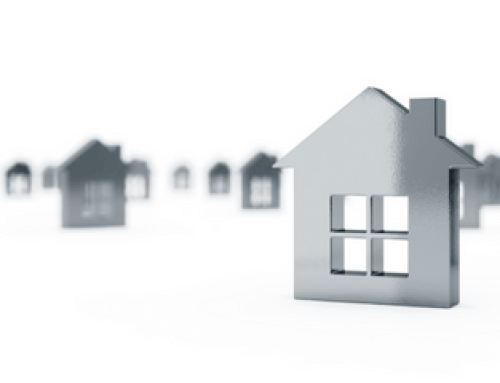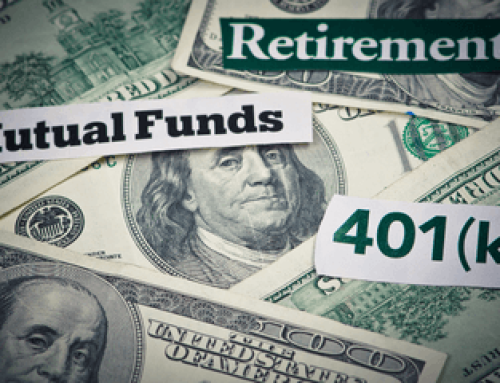Is a Home an Asset or Debt in Divorce?
There are a few constants in life: death; taxes; and, upon reaching adulthood, being told a home is your single greatest investment.
And for most people that’s true. It’s where, unfortunately in my opinion, we keep most of our wealth. (Don’t get me wrong, home equity is great, but it should be only one part of a person’s overall wealth, not the majority of it.)
But what about divorce? Is a marital home as asset (i.e., a positive) in divorce, or a debt (i.e., a negative)?
The answers to these questions depends on the home. In fact, there are three primary answers to these questions:
- If your home is paid off, it is anasset. This is because you don’t owe anything, so the entire value of the home is yours.
- If you still owe on your home and don’t have any equity, your home is adebt. In other words, if you’re upside down, you’re in in deep.
- If you still owe on your home and have positive equity, your home isa debt and an asset. Since you owe on your home, it’s be definition a debt. However, since you have positive equity in the home, and you would make money if you were to sell it, your home is also an asset.
As an example, say you owe $100,000 on your home. You could sell the home for $200,000. So, it’s a $100,000 debt that needs to be addressed in divorce, but it’s also a $100,000 (less costs and fees associated with selling the home) asset that needs to be divided in divorce.
What’s Normal in Divorce
Usually, people who own homes haven’t paid them off (on average, people live in a home for seven years before buying a new home), but they have positive equity. So, most people going through divorce have to deal with their home as an asset and as a debt.
P.S.: This post was meant to be a simple explanation about how to think about a home in divorce. For more on how we usually deal with homes in divorce, read here.






